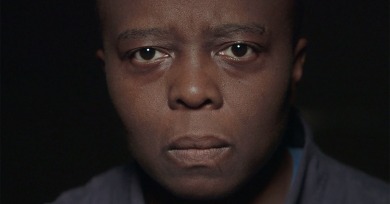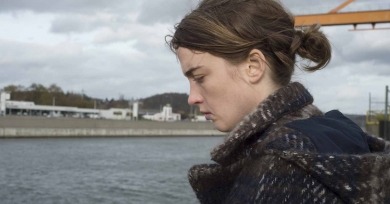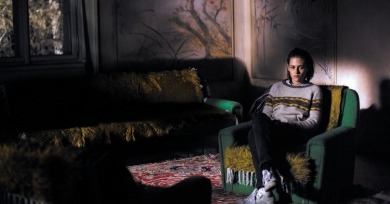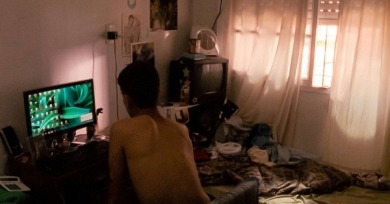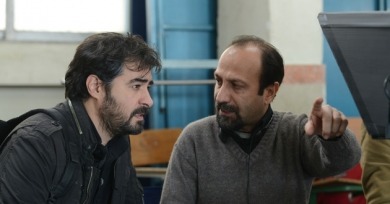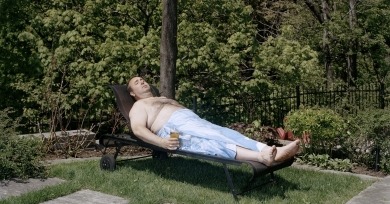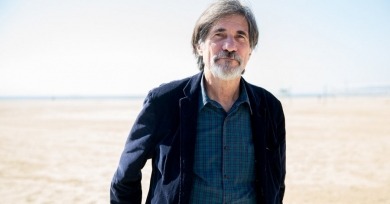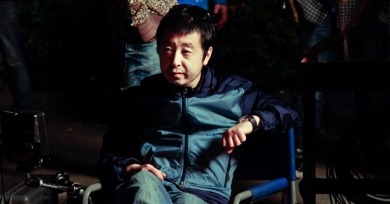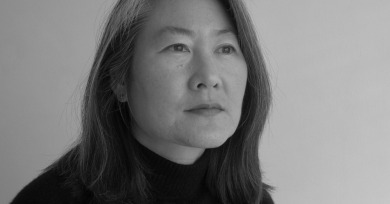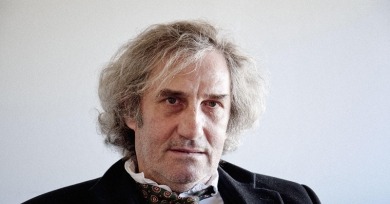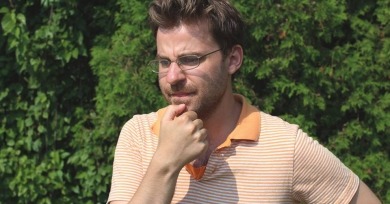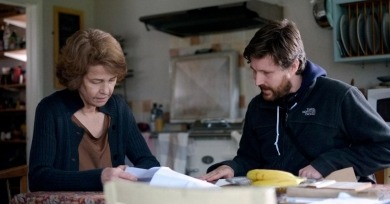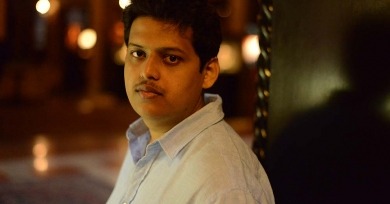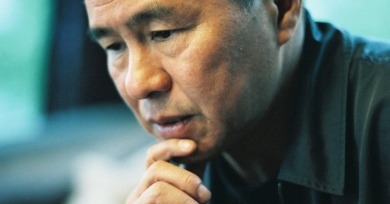Interviews
“We can look at Strong Island and see when your loved one dies in a vacuum, when the casual fragility of black life turns your childhood into a soap bubble—they are floating, and then they are gone. Tamir Rice was literally gone.”
"This film was able to see the light of day because we met Adèle Haenel. When we saw her there we talked a little but then we were separated. We thought, here is a young actress whose face could serve as a motor for our project, which we were having difficulty developing and writing."
Cinema does film the invisible. You don’t have to believe in the invisible—it’s factual that film images capture something more than what you’re shooting.
It is important for me to work without a locked script, and without giving strong directions.
Audiences usually put themselves in the shoes of the good characters. They never put themselves in the shoes of the person who has done something wrong. And there is no challenge when you put yourselves in the shoes of the good people.
“The words written in the script are really just for my reference. I never show the actors the screenplay. I find I always get better results with the dialogue if we do some improvisation and run through the scene a few times.”
A big influence on me was Edward Hopper, because I look at his paintings and you have two or three objects in a room, but they combine to create a mood and a whole story. Suddenly a lamp become important, or a poster or a piano, and you choose more carefully.
When you’re young, love is often experienced as something very pure and sweet. But later in life, love can become deconstructed, sometimes to the point of turning into a kind of bitterness.
"The film is never going to be transferred to digital. It always has to be shown as film, and it was constructed as a palindrome, so it could be shown from either end, and you can’t really do that with digital."
I have no theory on my own film. You know, cinema is gestural; this is what it has in common with dance or with painting. You take your camera, and people, and you write something with that, that resembles life.
There were times when the existential dread was so rough that I would have traded some good old sexual anxiety for it. It is a pretty horrific thing to discover that we might be finite mortals. There were moments in college when I would have given anything to be a struggling queer Christian.
“When we do have representations of older people onscreen, it’s usually for comic, rather than dramatic effect. There’s a notion that once you get past 60, you stop thinking, and stop trying to evolve. This film is about two people still dealing with their choices and feeling that there are more choices they can make.”
“I am not a political commentator. But as an artist, I feel that the authorities must allow dissent. There has to be a space for protest in society. There has to be freedom of expressing our disapproval of the state of things as well. This right cannot be taken away from the people.”
When I’m preparing for the film, I don’t think in terms of creating this world where there’s what you’re describing. My main role is that I want it to be as realistic as possible. So what I shoot on set might not be what happens in the edit.
